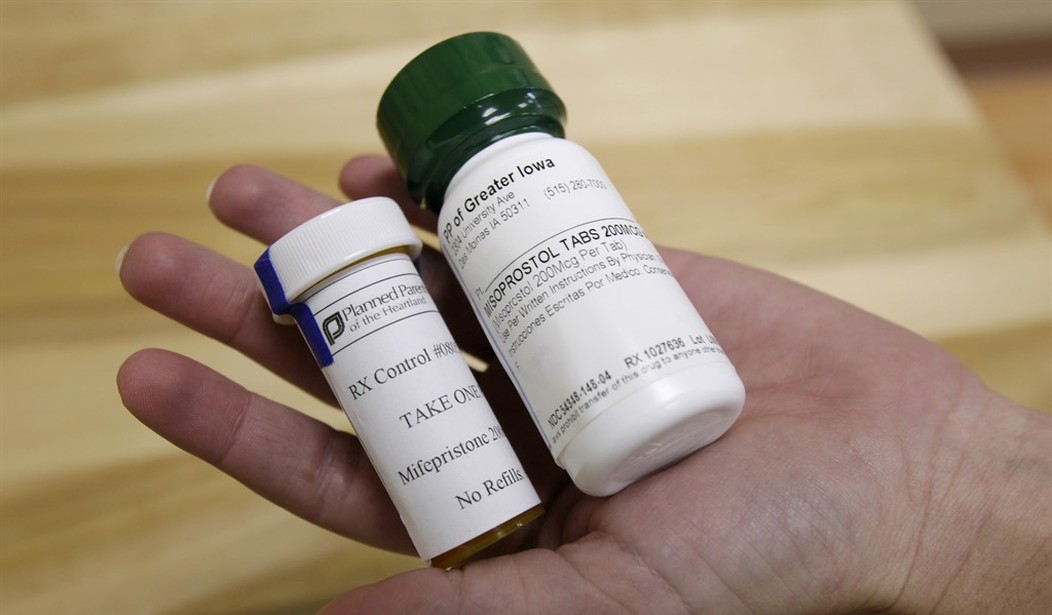On Thursday, the Supreme Court, in a unanimous decision, turned away an effort to block the usage of mifepristone, commonly referred to as the "abortion drug." The decision was made on procedural grounds.
The Supreme Court on Thursday unanimously preserved access to a medication that was used in nearly two-thirds of all abortions in the U.S. last year, in the court’s first abortion decision since conservative justices overturned Roe v. Wade two years ago.
The nine justices ruled that abortion opponents lacked the legal right to sue over the federal Food and Drug Administration’s approval of the medication, mifepristone, and the FDA’s subsequent actions to ease access to it. The case had threatened to restrict access to mifepristone across the country, including in states where abortion remains legal.
Justice Brett Kavanaugh, who was part of the majority to overturn Roe, wrote for the court on Thursday that “federal courts are the wrong forum for addressing the plaintiffs’ concerns about FDA’s actions.”
Justice Kavanaugh, who was part of the court's majority in the decision that overturned Roe v. Wade, laid out the reasons for the decision on standing:
The plaintiffs in the mifepristone case, anti-abortion doctors and their organizations, argued in court papers that the FDA’s decisions in 2016 and 2021 to relax restrictions on getting the drug were unreasonable and “jeopardize women’s health across the nation.”
Kavanaugh acknowledged what he described as the opponents’ “sincere legal, moral, ideological, and policy objections to elective abortion and to FDA’s relaxed regulation of mifepristone.”
Federal laws already protect doctors from having to perform abortions, or give any other treatment that goes against their beliefs, Kavanaugh wrote. “The plaintiffs have not identified any instances where a doctor was required, notwithstanding conscience objections, to perform an abortion or to provide other abortion-related treatment that violated the doctor’s conscience since mifepristone’s 2000 approval,” he wrote.
In the end, Kavanaugh wrote, the anti-abortion doctors went to the wrong forum and should instead direct their energies to persuading lawmakers and regulators to make changes.
In the decision, Justice Kavanaugh went on to explain:
But under Article III of the Constitution, those kinds of objections alone do not establish a justiciable case or controversy in federal court. Here, the plaintiffs have failed to demonstrate that FDA’s relaxed regulatory requirements likely would cause them to suffer an injury in fact.
This is not a decision on the legality or morality of abortion, then, so much as a decision on legal standing to bring a case.
See Related: If the Death Merchants Have Their Way, Abortion Pill Reversal Will Become the Next Battleground
The Skinny on SCOTUS - 6-13-24 Edition: Abortion Pill Still Standing
The abortion issue is best decided at the state level, per the Constitution, as the court points out. That was, of course, the main point of the Dobbs v. Jackson case that overturned Roe v. Wade, namely, that the Constitution is mute on the topic of abortion, and therefore the issue is up to the individual states to decide.
As for the federal regulations at issue here, the court did not foreclose the possibility that a plaintiff who, in fact, suffers injury as a result of them could have proper standing to challenge them.
Additionally, Mifepristone does have other applications besides abortion, such as the treatment of endogenous Cushing’s syndrome.
You can view the Court's official decision here.
To keep up with breaking news on Supreme Court decisions on abortion and a host of other topics, as well as all the best commentary on the issues of the day, please consider upgrading to a VIP account. VIP status will open a plethora of stories and podcasts here at RedState. And remember that a Gold-level account gets you access to all of our sister sites in Townhall Media: PJ Media, Twitchy, Hot Air, Bearing Arms, and Townhall.com. Use promo code SAVEAMERICA for a 50% discount.














Join the conversation as a VIP Member